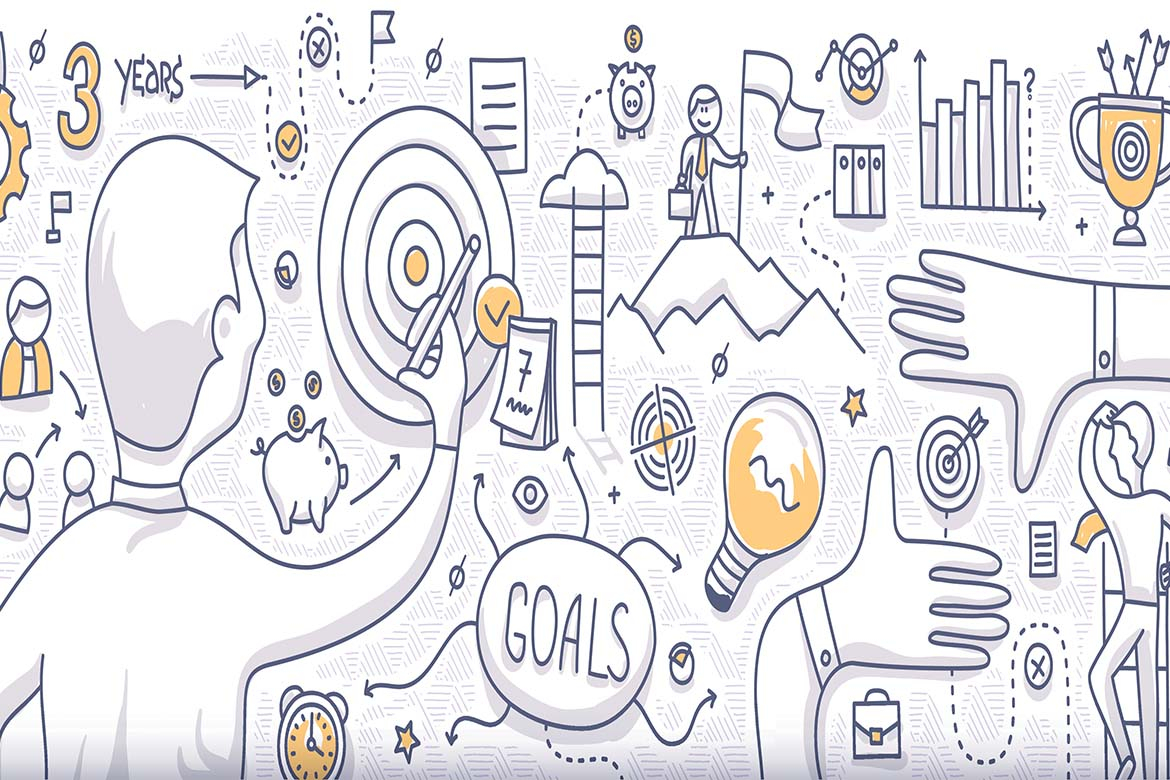Start planning now for the job you want next year
At each year end we hear from security professionals who are beginning to anticipate the following year by assessing what comes next in their careers. In other words, now is the time for introspection and self-evaluation prior to the start of planning the next steps in your career.
To be successful you will need to be focused on your future profession and have a clear understanding of your values, skills and interests. You must be able to set clear goals based on your strengths so you can anticipate your next step and decide to obtain new learning and skills if required. This work, together with the establishment of a diverse communication network, will increase your chances of career success and job satisfaction. This is the foundation upon which many of the other steps depend.
Do an internal self-evaluation that includes but extends beyond the things you like to do professionally, the types of tasks and projects and elements of managing and leading you enjoy. Self-analysis is not an easy process, and I would encourage you to involve family and close friends. It is easy to be too close to this subject, so getting an outside, candid perspective will aid in your journey.
The benefit of doing this type of self-assessment in advance is that it prepares you for the upcoming job search process outlined below. Potential employers are likely to ask about your style and preferences and ask for examples, so you’re laying the groundwork to think about these things and to develop sincere and well-thought-out responses.
Beyond the tactical and operational aspects that may attract your interest in a new role, the following are areas I often see organisations evaluate to determine fit.
Intuition and Empathy
This includes your ability to see differences in people and their personalities and weaknesses. An intuitive and empathetic leader is a caring, kind relationship builder. Someone who gives the benefit of the doubt, who is trusting and who brings passion and intensity to work. On the flip side, one might be too soft and trusting, which could be a problem in the security field.
Results Orientation and Decisiveness
The ability to get people motivated, to see things through results and the political and practical orientation that works to meet those objectives. How comfortable are you in areas that are not familiar to you? How do you gather information to make decisions and how much information do you need? Are you easily persuaded? Are you decisive and effective in making decisions?
Types of Reasoning
Do you like doing things that are routine? Are you creative in your work? Do you see your thinking as being right, as being black and white? Are you optimistic or pessimistic?
Adherence and Organisation
The ability to plan, structure and analyse ideas. Paying attention to rules, orders and logic. The ability and desire to submit to rules, policies and processes. These are all good things, but you must figure out where you are on the organisation scale. If you are really structured and comfortable in your role, you may have a hard time dealing with a corporate culture. Exactly how rigid are you?
Self-View
How do you handle rejection? How do you handle challenges? How do you view your imagination and passion?
Self-Expectations
Your personal goals and values. Do you tend to be open or stubborn, driven or exhibiting a lack of direction? Do you let events drive you?
It is important to look at your skills and preferences and match those to the kinds of job you’re looking for. An honest self-assessment will help you decide what company you want to work for, whether the position and the organisation’s expectations are a great fit past the pay cheque, and will provide the basis to move you forward.
Just as if you were designing a product, building a plant or a business, there is a need to invest considerable time to identify objectives, assess the market, evaluate materials and resources, then plan and move forward on a strategy. In short: planning, research and execution. The following are some of the key processes within each phase:
Planning
- Identify and understand your values, skills, competencies and interests.
- Identify all the elements and roles that make up your desired career aspiration.
- Determine your financial requirements compared with the roles you seek.
- Focus on mapping the above to the elements within your target professional role(s).
- Set clear goals based on your strengths, personal characteristics and circumstances.
- Always know your next steps and have backup plans.
- Obtain new learning and skills you will need. This is a continuous career-long process.
- Establish a diverse communication network, not just social media contacts.
Research
- Survey the professional environment.
- Gather relevant market information.
- Define your target market, to include industry, size, organisation culture and geography.
- Determine professional objectives both vertically and horizontally within organisations.
- Create a strategy.
- Develop your message, written materials and needed CVs.
Execution
- Develop a plan and get your message out.
- Talk with colleagues, peers and hiring managers.
- Identify and use a variety of search methods.
- Interview, cultivate offers and negotiate. This applies both internally and externally.
- Transition into new role. Investing time at the end of each year to take stock of where you are professionally in comparison to where you would like to be pays dividends.
You are better prepared to take on any career challenges the next year might bring. You also improve your chances of moving forward in a manner consistent with your expectations that meets or exceeds your professional goals.
Jerry Brennan
Chief Executive, SMR Group of Companies


